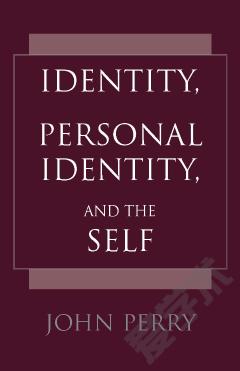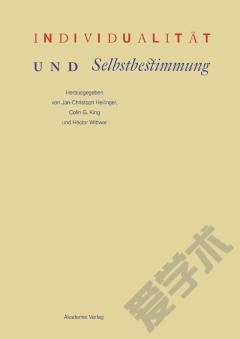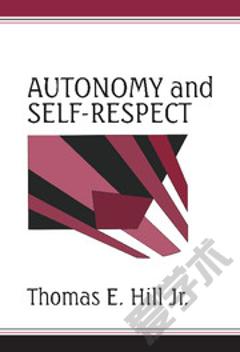Self-Identity and Powerlessness
In Self-Identity and Powerlessness, Alice Koubova proposes a conception of human existence that does not essentially depend on the definition of self-identity. The author shows that the philosophical stress on human identity fails to grasp essential aspects of human existence. By emphasizing the moments of Dasein's powerlessness in Heidegger's fundamental ontology, she develops - in her analysis of various philosophers, literary examples, and social psychology -an original phenomenology of alternation of existence and affair. How necessary is identity for thinking? Are we capable of philosophical thought even when we have neither ourselves, nor the world under our full control? Is it possible to relax, become powerless, and yet think precisely? These questions are to be answered in this book.
{{comment.content}}








 京公网安备 11010802027623号
京公网安备 11010802027623号